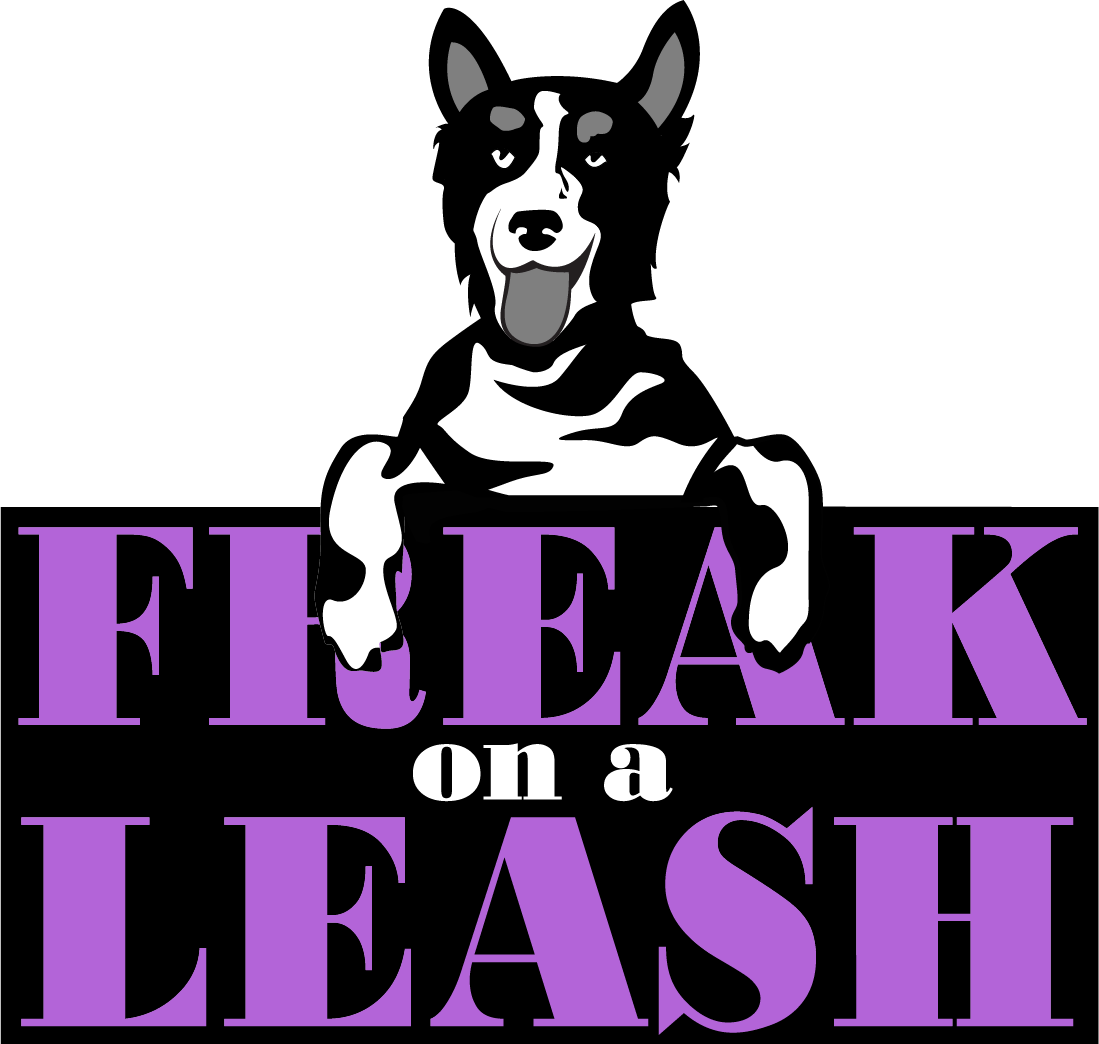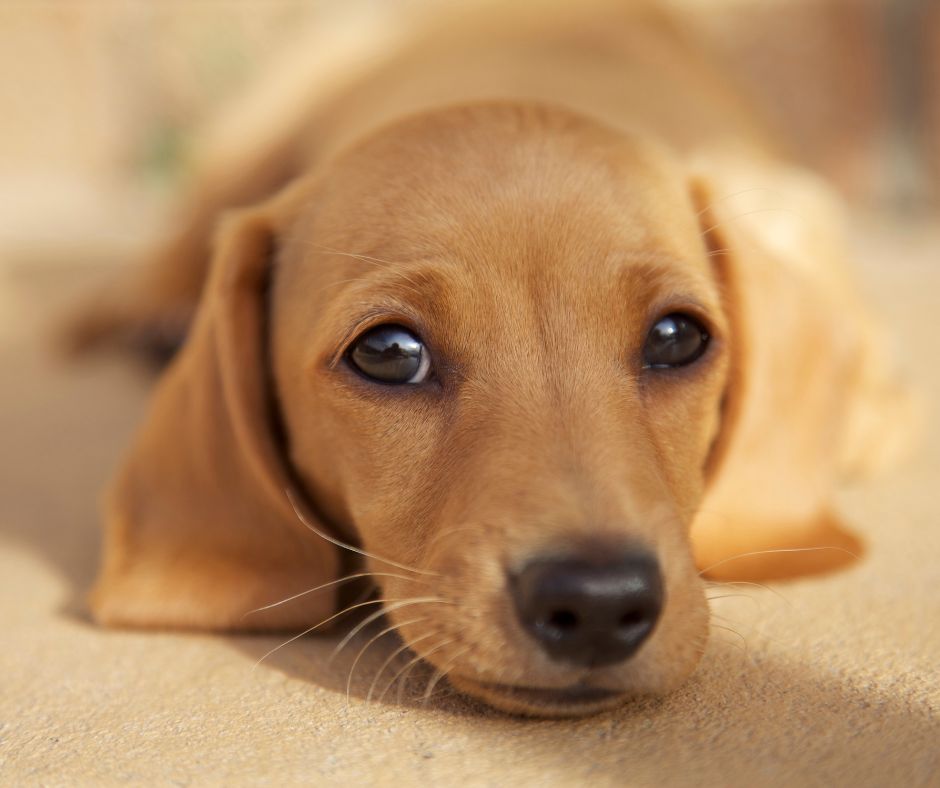Puppy training is important for establishing a strong relationship between you and your dog.
 Not only does training help with obedience, it can also help in socializing your pup and preventing unwanted behaviors. Training should start as soon as possible and introduce basic commands such as Sit, Down, Stay, and Come. Positive reinforcement is the most effective way to train a puppy, using treats and verbal praise to reward good behavior. Try to keep training sessions short so your pup doesn’t become bored or overwhelmed. As your puppy learns more commands, consider introducing agility exercises to further challenge their physical abilities while providing mental stimulation. If you need extra help with training, don’t hesitate to seek the assistance of an experienced professional who specializes in canine behavior. With proper guidance, you and your puppy will have the foundation for a strong lifelong bond.
Not only does training help with obedience, it can also help in socializing your pup and preventing unwanted behaviors. Training should start as soon as possible and introduce basic commands such as Sit, Down, Stay, and Come. Positive reinforcement is the most effective way to train a puppy, using treats and verbal praise to reward good behavior. Try to keep training sessions short so your pup doesn’t become bored or overwhelmed. As your puppy learns more commands, consider introducing agility exercises to further challenge their physical abilities while providing mental stimulation. If you need extra help with training, don’t hesitate to seek the assistance of an experienced professional who specializes in canine behavior. With proper guidance, you and your puppy will have the foundation for a strong lifelong bond.
In addition to obedience training, socializing your puppy is also an important part of their development. Take your pup out for regular walks and introduce them to as many kinds of people, animals, and situations as possible. This will help your puppy grow into a confident and well-rounded dog with fewer behavioral issues down the line.
By taking the time to train your puppy properly, you can set yourself up for success when it comes to having a happy, healthy relationship with your dog. With patience and consistency, you will create a lifelong bond between you and your canine companion!
Puppy training can help prevent future behavioral problems
 By teaching your pup to listen to you, accept handling, and learn appropriate behaviors in different situations, you are creating a well-mannered companion. This can help prevent fearful or aggressive behaviors that can be difficult to reverse once they become established.
By teaching your pup to listen to you, accept handling, and learn appropriate behaviors in different situations, you are creating a well-mannered companion. This can help prevent fearful or aggressive behaviors that can be difficult to reverse once they become established.
Additionally, puppy training helps with socialization. Socialization is important for helping puppies adjust to the environment around them, and builds their confidence when meeting new people and animals. By exposing puppies to different experiences early on in life, you can reduce fearfulness and other behavioral issues. Read the AKC training timeline for puppy training.
The best age to start obedience training a puppy is 8-12 weeks old
 At this age, puppies are just starting to gain impulse control and become more responsive to training. They’ve also had a chance to bond with their litter mates and learn basic social skills. Starting early allows you to shape your puppy’s behavior in a positive manner before unwanted behaviors start.
At this age, puppies are just starting to gain impulse control and become more responsive to training. They’ve also had a chance to bond with their litter mates and learn basic social skills. Starting early allows you to shape your puppy’s behavior in a positive manner before unwanted behaviors start.
Ultimately, the earlier you begin your puppy’s training the better! Puppies are always learning, whether you are formally teaching them something or not. Capitalize on this by proactively reinforcing desired behaviors from the start.
There are many different obedience commands that you can teach your puppy
The most important command to teach your puppy is to come when called, as this can be a lifesaving skill in a dangerous situation. Additionally, you can also teach them more advanced commands such as retrieving items, playing fetch or shaking hands. Teaching tricks provides mental stimulation and helps strengthen the relationship between you and your pup. It is important to use positive reinforcement when training; reward desired behaviors with treats or verbal praise will motivate your puppy and foster a love of learning new things. With patience and consistency, your pup will learn to listen and happily work with you in no time.
In order for a puppy training program to be successful it must be consistent.
Be patient and consistent when training your puppy – it takes time and patience to achieve desired results
Puppies learn best when they are rewarded for performing the desired behavior. Patience is essential in order to ensure that your pup is learning and understanding what you want them to do. If they make a mistake, it’s important not to get frustrated or angry – instead provide your puppy with guidance and encouragement so that they can continue to learn. Additionally, remember to keep in mind that puppies have short attention spans so the training sessions should be kept short and positive.
Reward your puppy for good behavior, instead of punishing for bad behavior
Punishing a puppy for making mistakes can make them fearful and anxious, which can lead to further behavioral issues. Furthermore, puppies are often not able to connect a punishment with their misbehaviors – instead, they will likely associate the punishment with you. Instead of punishing your pup, reward them when they do something right in order to reinforce positive behavior.
Puppy training schedule by age
• 8-12 weeks: Socialization, potty training and crate training. Puppy socialization classes are a fun and safe way to introduce your pup to other dogs, people and learning.
• 12-16 weeks: House training, Home alone training to prevent separation anxiety, showing puppy the world and introducing new places, watching other dogs and people of all sizes to avoid fear and anxiety in later life.
• 16-20 weeks: Teach impulse control with games like tug-of-war, increasing exercise, successful potty training, longer times alone at home, learning how to greet people and dogs in a polite manner.
• 20+ weeks: Learning impulse control, polite greetings, training in new environments.
• 30+ weeks: Increase exercise. Ensure your pup gets regular walks and playtime to maintain a healthy lifestyle.
Training Tips:
• Train in new environments: Expand the places your puppy is familiar with and introduce them to different people, animals, and situations.
• Tackle impulse control: Practicing games like tug-of-war or fetch (with cues like Give or Drop It) will help your pup learn self-control.
• Teach polite greetings: Reinforce calm behavior when greeting strangers or other dogs by rewarding good behavior with treats or verbal praise.
Overall, starting your puppy’s training as early as possible will ensure that you have a well behaved dog for many years to come! With patience, consistency and positive reinforcement you can build a lasting bond between you and your pup while also teaching them new skills, creating a well-adjusted companion. Training around other dogs and people for the first 2 years of your dog’s life can also help to avoid reactivity and other anxiety-driven behaviors like aggression towards other dogs or people.
By making sure that you are consistent with training, you can help ensure that your puppy is learning the right behaviors in order to become a happy and healthy adult dog. When done correctly, training can also strengthen your bond with your pup and create a stronger relationship for years to come. Start early – by establishing good habits early on, owners can ensure that their puppy will grow up into a balanced pet!
Find a puppy trainer near you and sign up for personal training or a puppy training and socialization class! https://freakonaleashdogtraining.com/

